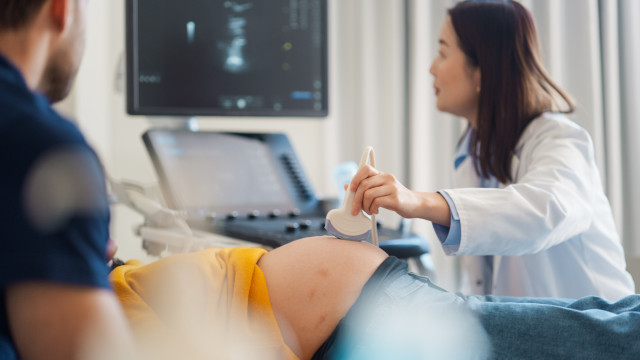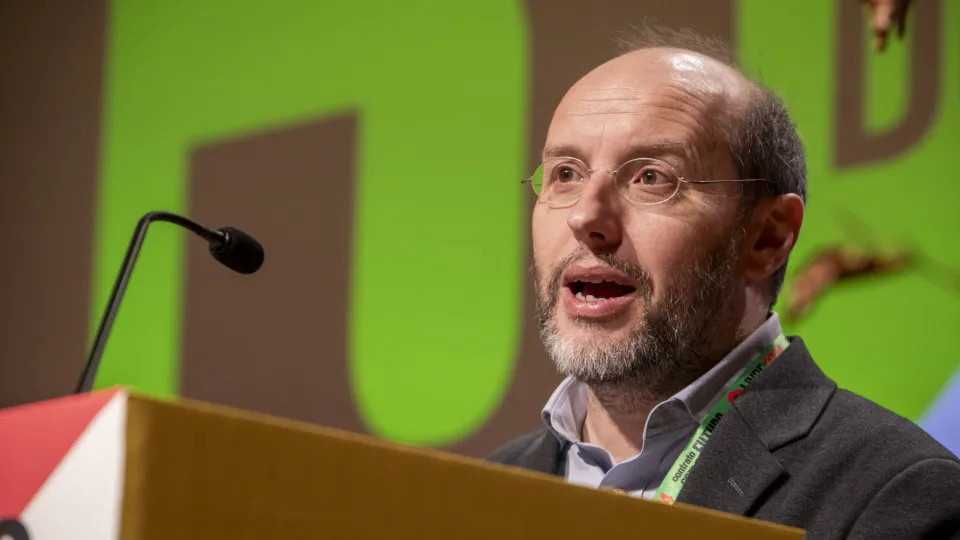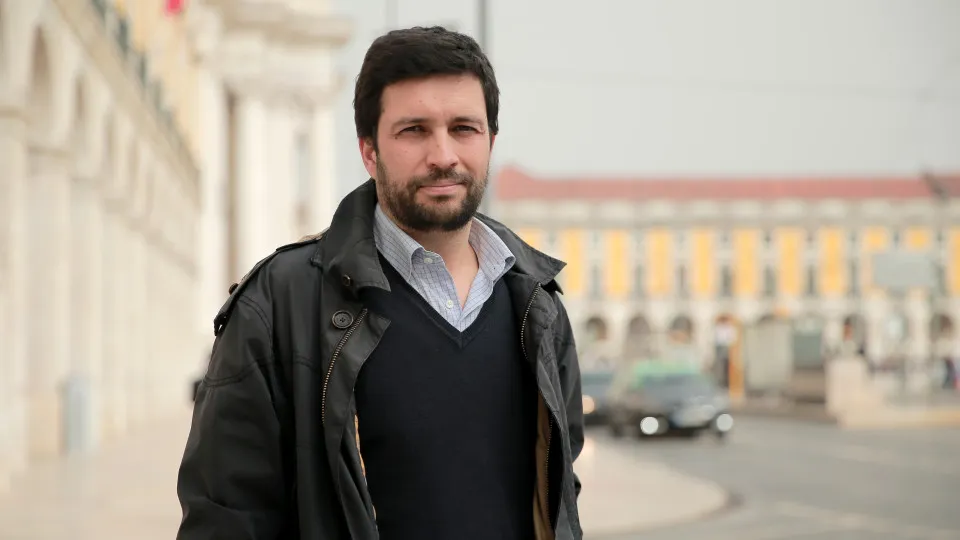The Executive Director of the National Health Service (SNS), Álvaro Almeida, stated on Wednesday that “births in ambulances have always occurred”, while noting that such occurrences have been increasing recently.
“Births in ambulances have always occurred. Now, the question is whether they happen more or less. It seems they are happening a bit more; we are analyzing the reasons,” he remarked to journalists this afternoon in Lisbon.
He added: “We are going to create regional urgencies, starting specifically with the area of Obstetrics. […] What we are building is a model of regional urgencies that has various aspects, including the reinforcement of transport. We are confident with this reinforcement [of transport].”
Álvaro Almeida mentioned that the “situation may be minimized,” but “births in ambulances will not be eliminated as they have always existed.”
Asked about the creation of regional urgencies—and whether the number of births in ambulances might increase with this model—the CEO of SNS admitted it is “a possibility.”
“What we want is for children to be born where they should be, which is in delivery rooms. But we know that, in practice, this is impossible,” he emphasized, adding that “the reinforcement of transport is a key element of the process of creating regional urgencies.”
Regarding the winter plan for this year, Álvaro Almeida admitted that “they will not eliminate peaks of demand with high waiting times.” “What we want is for these situations to occur less and less.”
According to data from the National Institute of Medical Emergency (INEM) sent to Lusa, the number of births in ambulances from January 1 to September 14 already exceeded the total recorded in the previous three years.
There were 25 births in ambulances in 2022, 18 in 2023, and 28 in 2024, but by September 14 this year, INEM had already recorded 32, with two more attended by the Moita firefighters in recent weeks.
Recently, in a parliamentary hearing, the Minister of Health, Ana Paula Martins, mentioned that this year around 150 births were recorded in extra-hospital settings, including ambulances, on the street, or at home.
For the Setúbal Peninsula, the most critical due to the lack of health professionals to complete schedules, the Government intends to create, in the short term, a regional obstetrics emergency unit, with the Garcia de Orta Hospital operating continuously and the Setúbal Hospital receiving cases referred by SNS 24 and INEM.
Regional Urgencies? They will consist of shared teams between hospitals
The Ministry of Health intends to create regional urgencies consisting of shared teams between hospitals, prioritizing the “most critical specialties” in terms of human resources, such as obstetrics and pediatrics.
The measure is part of the Government’s Program, submitted to Parliament, which advances the need to enhance the response of the National Health Service (SNS) in urgent and emergency care, ensuring a “better adjustment of the network to the population’s needs and available resources.”
The Government notes in the document that priority will be given to the most critical specialties—obstetrics and pediatrics—“namely through the creation of regional urgencies made up of health teams shared between hospitals.”

The Ministry of Health intends to create regional urgencies consisting of shared teams between hospitals, prioritizing the “most critical specialties” in terms of human resources, such as obstetrics and pediatrics.
Lusa | 12:38 – 14/06/2025
Minister Says Regional Urgencies Are “Determinant”
The Minister of Health stated in Coimbra that regional urgencies are “absolutely determinant” for the State to continue ensuring hospital health care to citizens, albeit with a different model in the coming decades.
At the end of the launch of the Global Health Observatory by the University of Coimbra (UC), Ana Paula Martins reiterated to journalists that the lack of resources is the greatest challenge of the National Health Service (SNS) and that the Government must be able to “make an adaptation from the territorial point of view and of what the various realities are throughout the country.”
“The regional urgencies are absolutely determinant for continuing to guarantee emergency and urgent health care to citizens, but we will not be able to do it in the same way as until now,” she emphasized.

The Minister of Health stated today in Coimbra that regional urgencies are “absolutely determinant” for the State to continue ensuring hospital health care to citizens, albeit with a different model in the coming decades.
Lusa | 22:17 – 25/09/2025




